Meet Our Researchers: Biomedical & Health Sciences
Meet Our Researchers: Biomedical & Health Sciences
Meet Our Researchers: Biomedical & Health Sciences
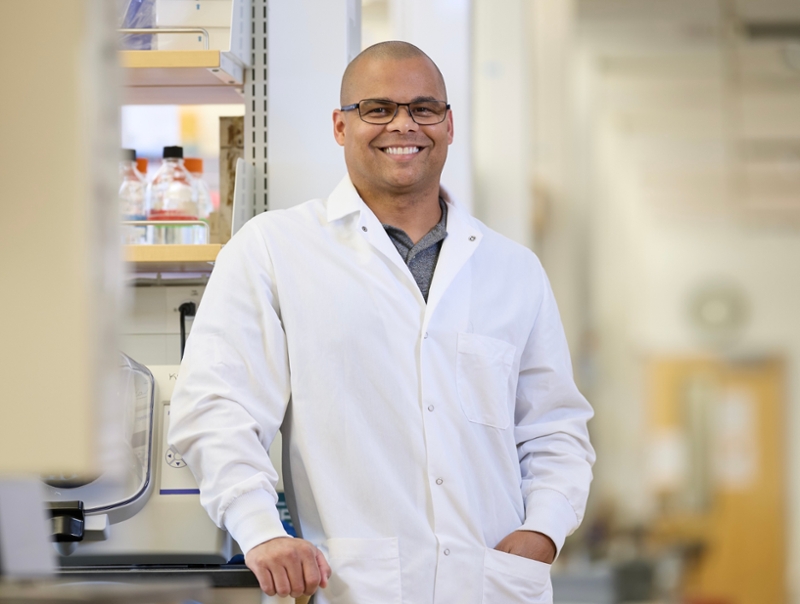
Muscle loss
Could medication help reduce muscle loss related to aging? Meet Kleiton Dos Santos Silva, exercise physiologist.
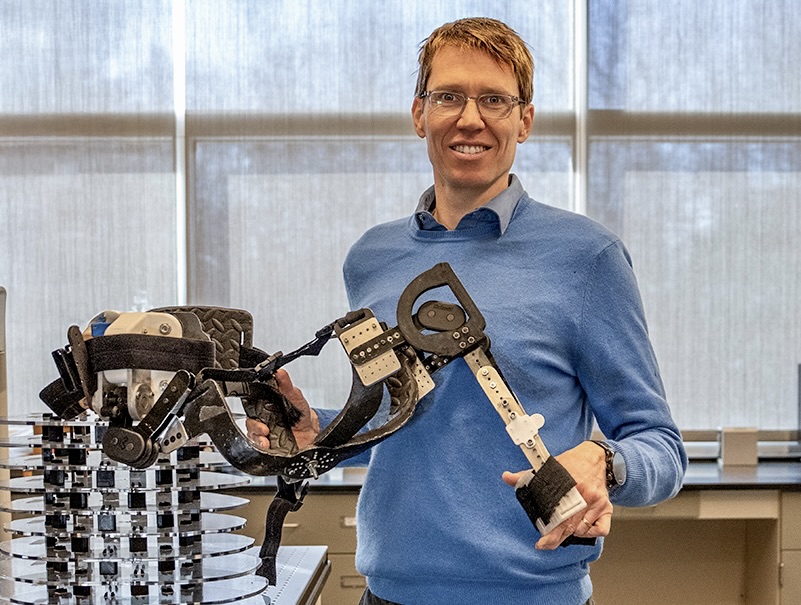
Wearable and soft robotics
Could wearable devices help prevent slips and falls? Meet Mitja Trkov, mechanical engineer.
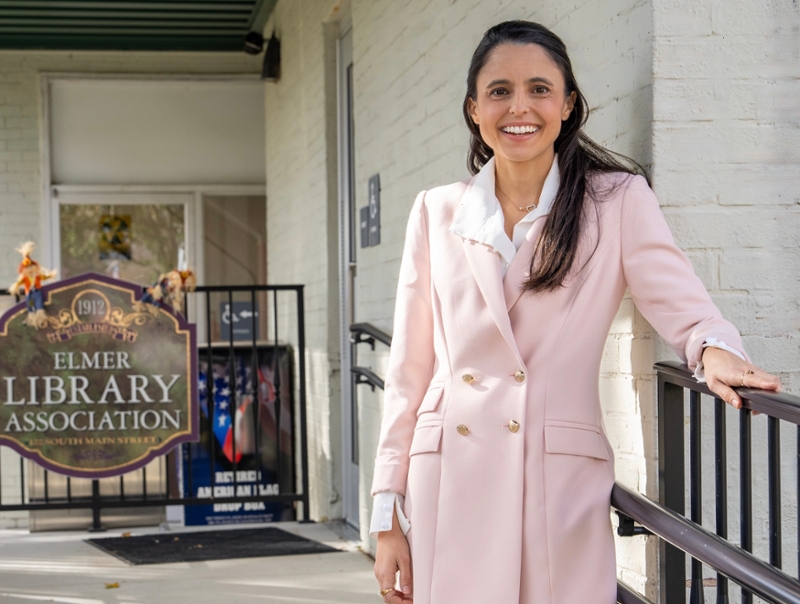
Nutrition science
Can tech training help older adults manage their health? Meet Dara LoBuono, dietitian and nutrition scientist.
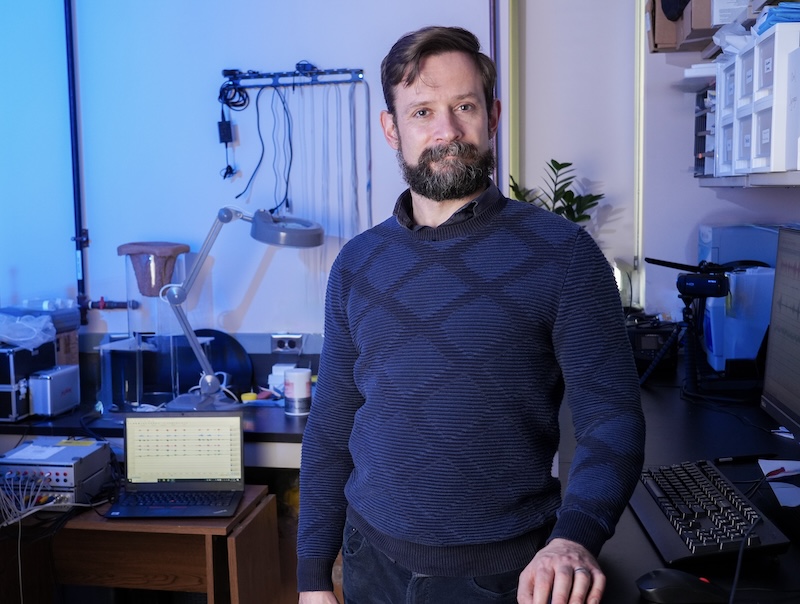
Swallowing dsyfunction
Can scientists solve swallowing dysfunctions? Meet François Gould, physiologist.
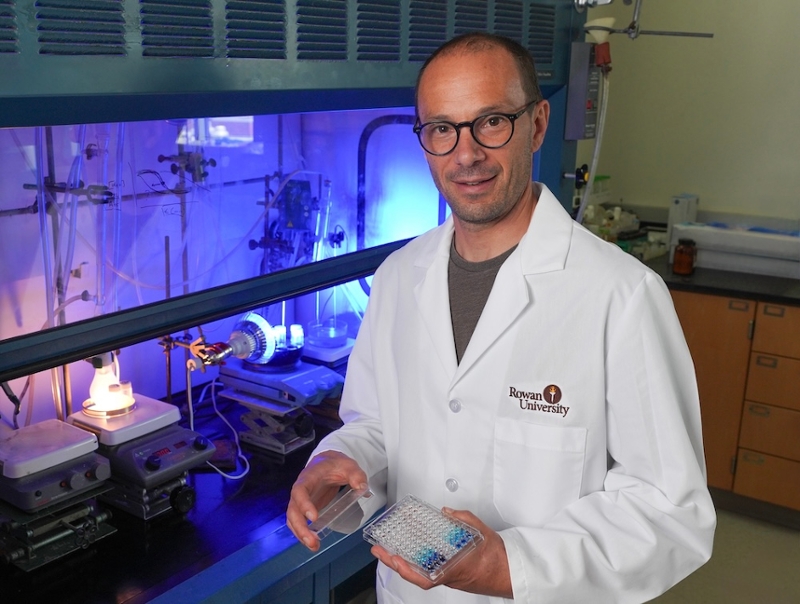
Combining chemistry and microbiology
Can principles of chemistry further discoveries in biology and health? Meet Lark Perez, organic chemist.
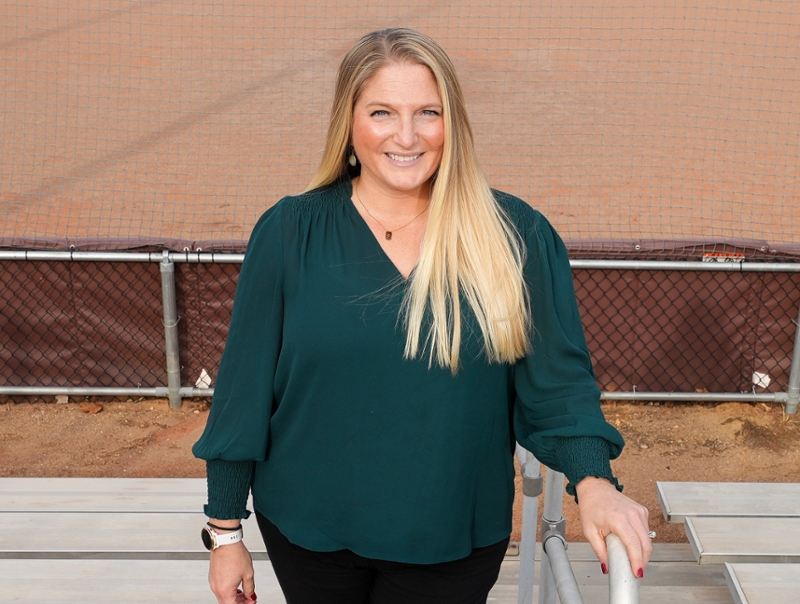
Sports psychology
How do student-athletes navigate life during and after sports? Meet JoAnne Bullard, sports psychologist.
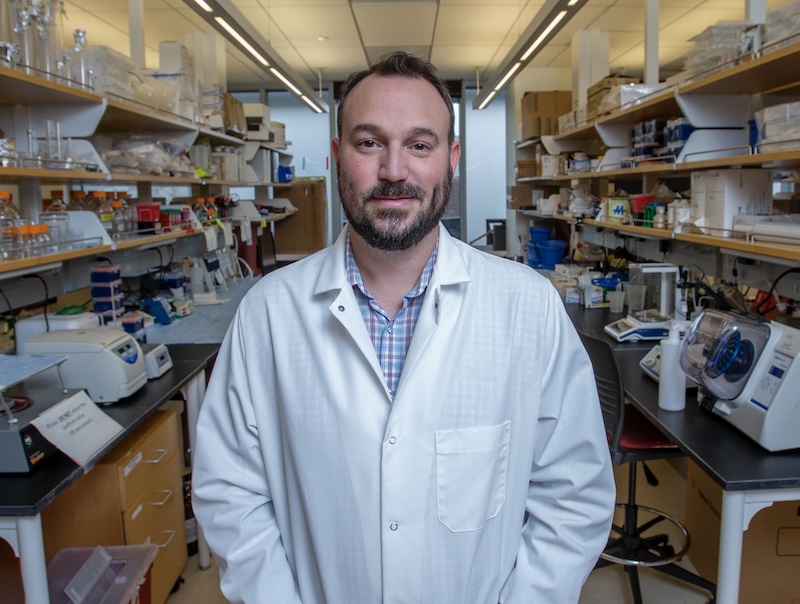
New medications
Is it possible to treat pain without risking addiction? Meet Thomas Keck, pharmacologist.
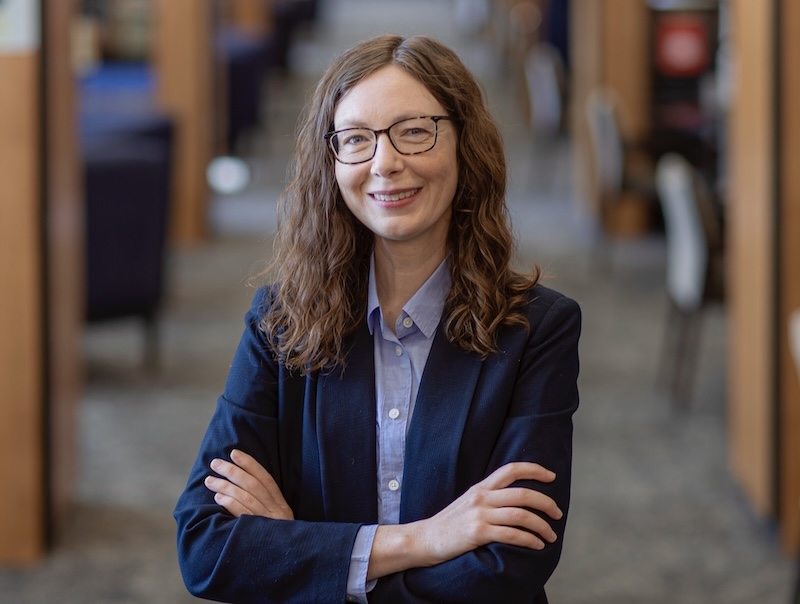
Intellectual humility
How can humans get better at admitting when they’re wrong? Meet Tenelle Porter, social and
developmental psychologist.
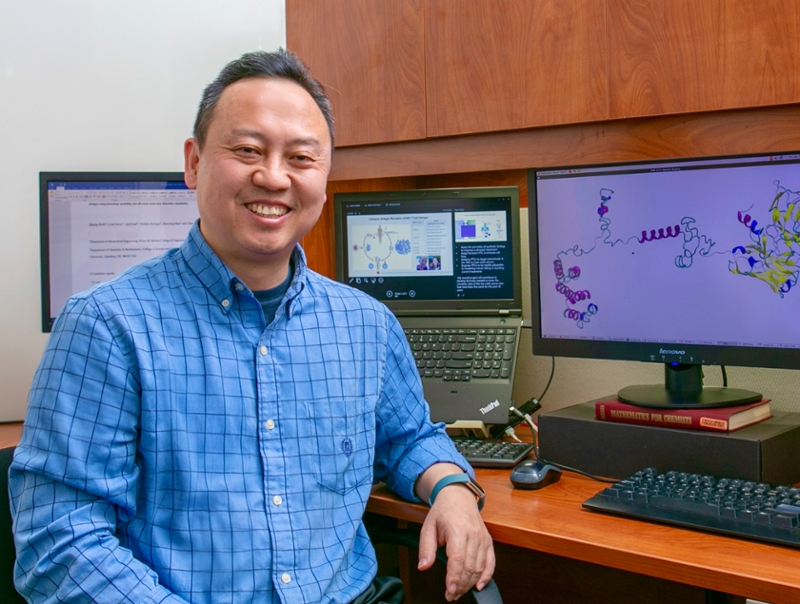
Viral mutation
Can a better understanding of molecular evolution aid in the design of life-saving drugs and vaccines? Meet Chun Wu, computational biochemist.
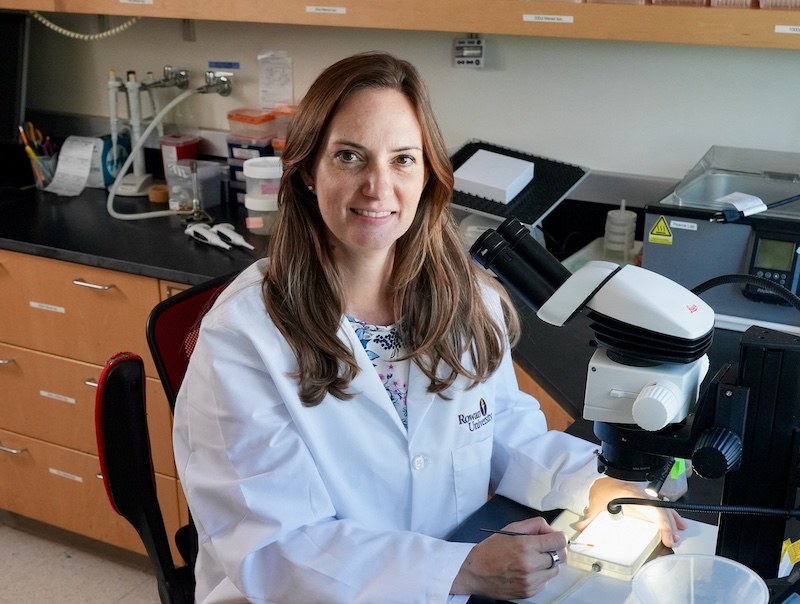
Neurodegeneration
How do toxic clumps of protein propagate in the brain? Meet Maggie Panning Pearce, molecular neurobiologist.
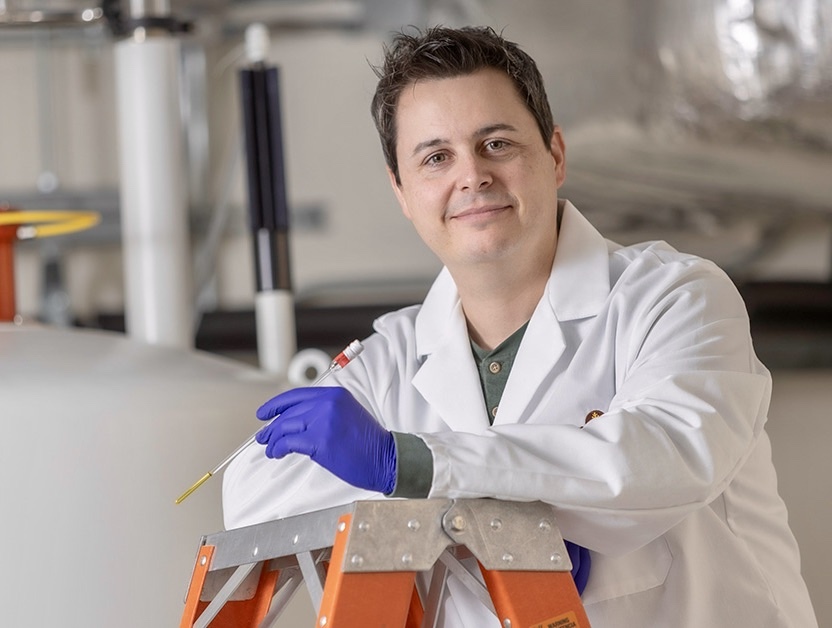
Better medicines
How do molecules find and form bonds with each other? Meet Nathaniel Nucci, molecular biophysicist.
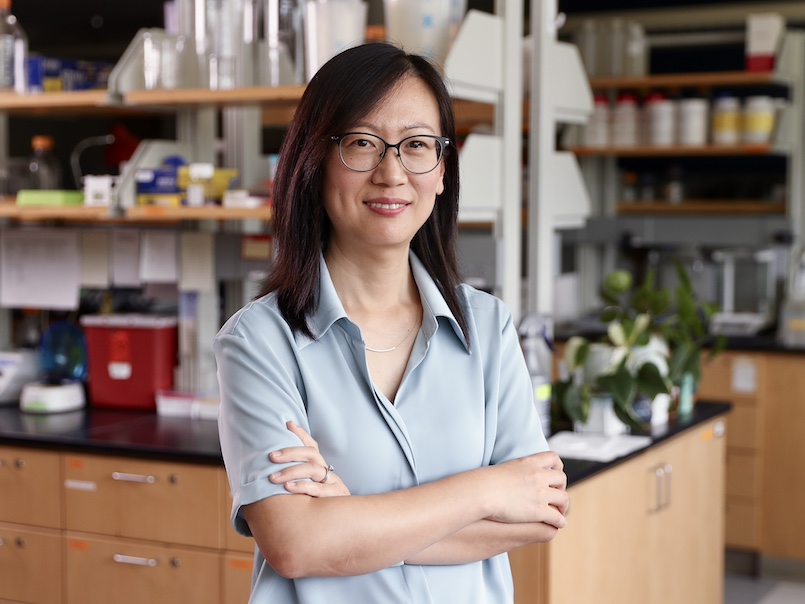
Cancer mutations
Why do some cells keep growing and dividing? Meet Zhihong Wang, biochemist.
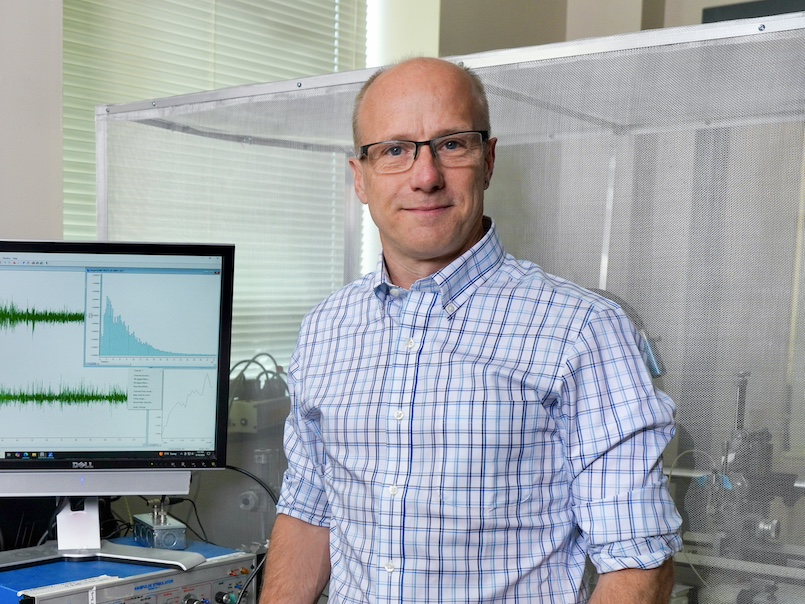
Brain injuries
Scientists are studying promising new treatments for TBI and other brain injuries. Meet David Devilbiss, neuroscientist.
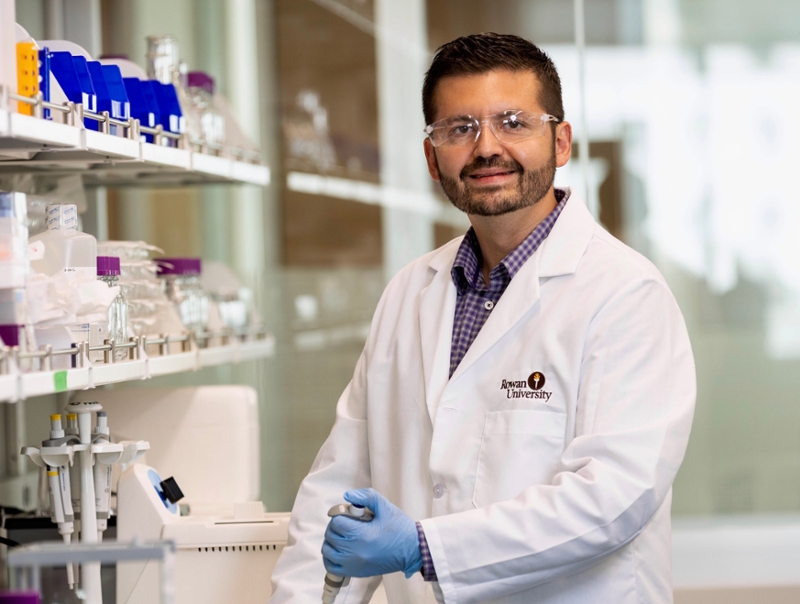
Regenerative medicine
Designing biomaterials that mimic the human body may rapidly advance stem cell research. Meet Sebastian Vega, biomedical engineer.
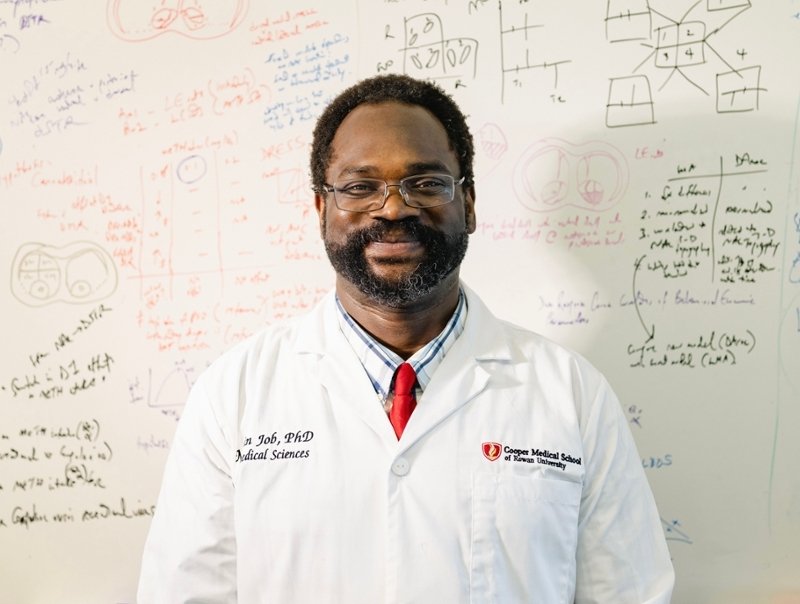
Addiction treatment
Learning more about patient behavior may improve individualized drug addiction treatment plans. Meet Martin Job, addiction research scientist.
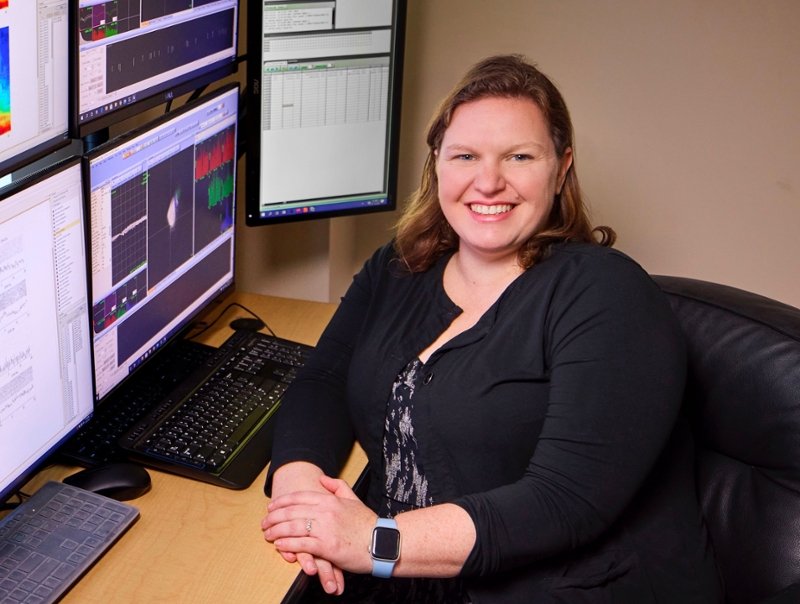
Neuroscience
Studying the brains of rats helps researchers understand cognitive function—and, potentially, opportunities to restore lost function. Meet Elizabeth West, neuroscientist.
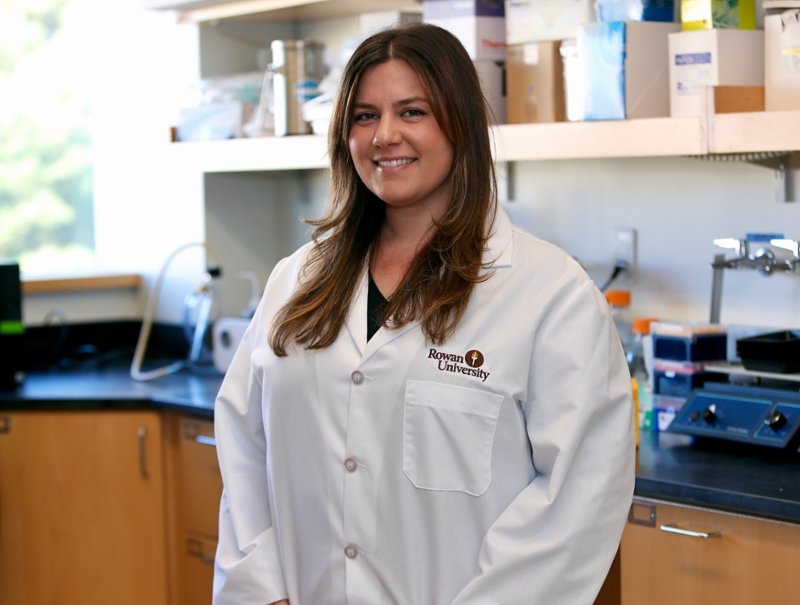
Chronic stress
Exercise may help reduce the harmful effects of chronic stress on the brain. Meet Melissa Manners, neurobiologist.
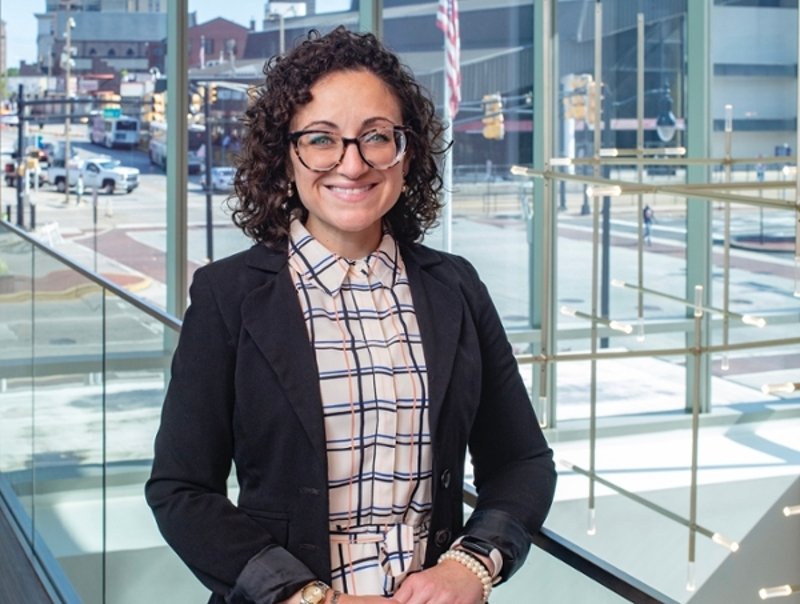
Health psychology
How do social comparisons influence healthy behavior? Meet Dani Arigo, clinical health psychologist.

Community health
Community health is best improved with help from its members—and careful listening. Meet Nicole Vaughn, community health and wellness researcher.
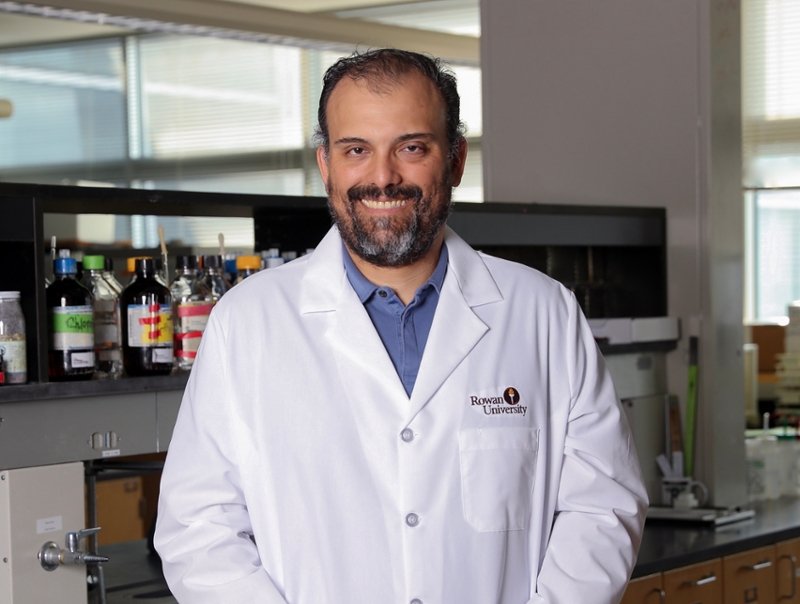
Drug discovery
Chemistry and entrepreneurship are a winning combination for drug discovery. Meet Gustavo Moura-Letts, organic chemist.
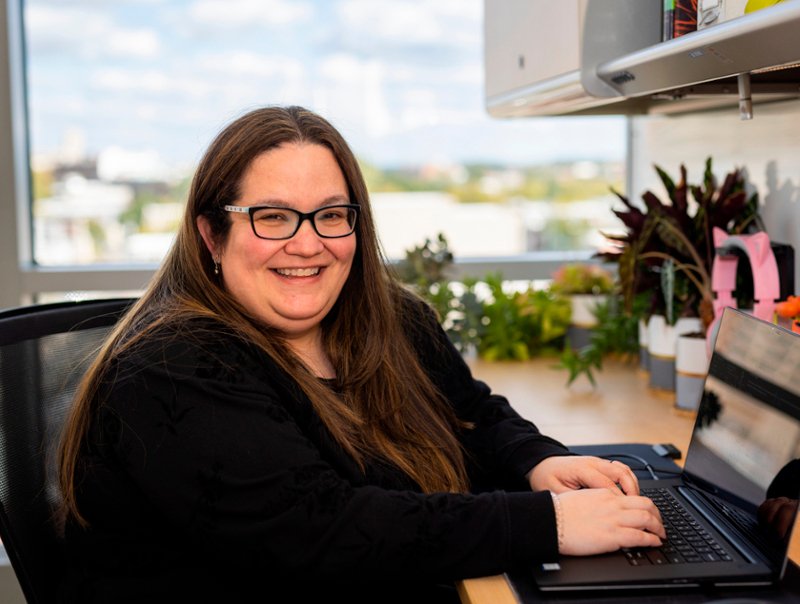
Sleep deprivation
Sleep well, stay well. Researchers are looking at an integrated approach of better sleep and diet to reduce hypertension and heart disease. Meet Diana Martinez, neuroscientist and physiologist.
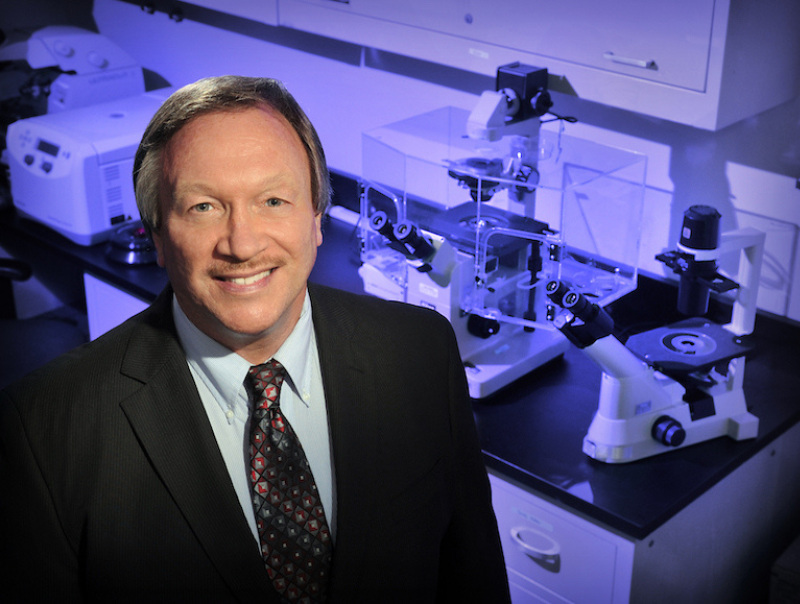
Alzheimer’s disease
A blood test to detect early signs of many diseases could lead to faster diagnosis and treatment. Meet Robert Nagele, cell biologist.
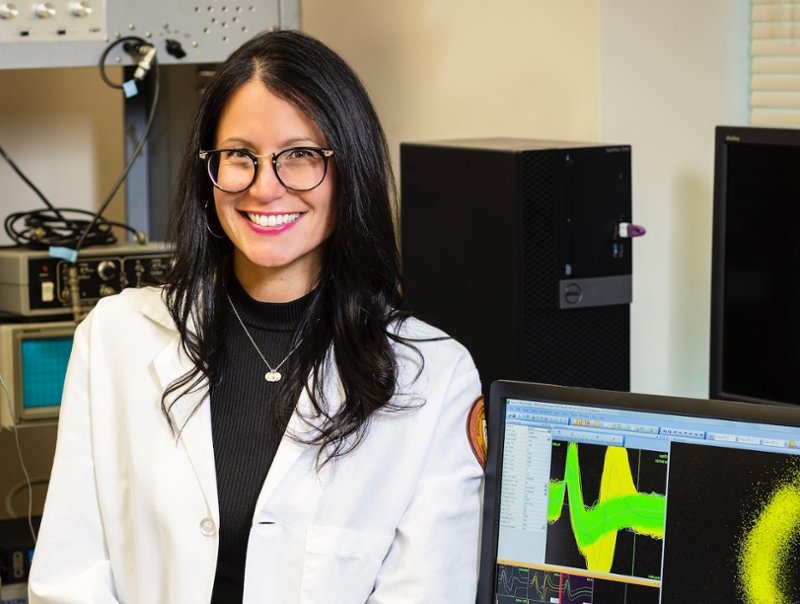
Traumatic brain injuries
Traumatic brain injuries can impair decision-making and evaluating risks. Meet Rachel Navarra, behavioral neuroscientist.
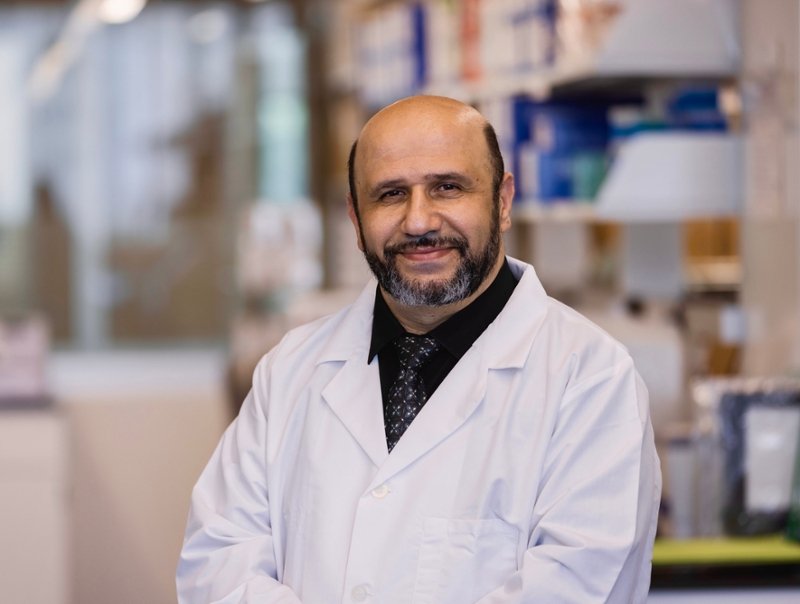
Asthma treatment
How do we treat asthma and pulmonary disease when conventional therapies don't work? Meet Omar Tliba, pharmacologist.
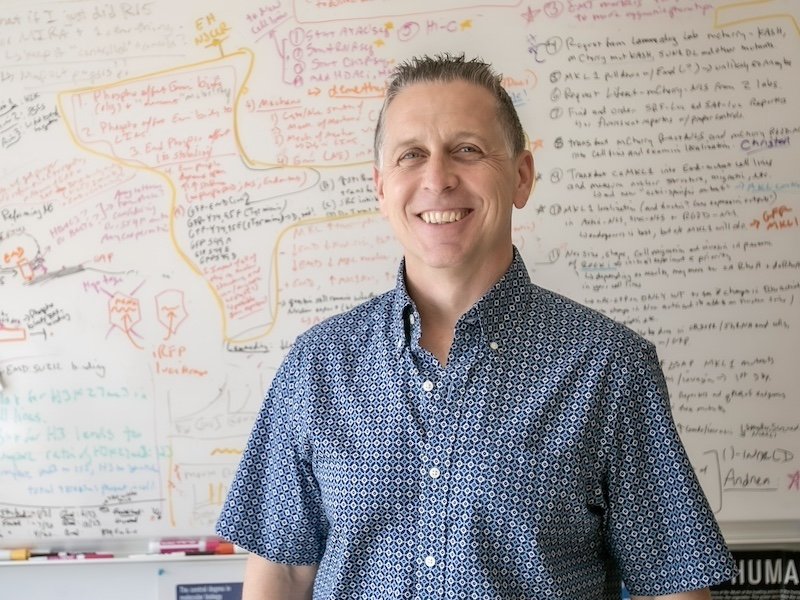
Cancer metastasis
Could the protein emerin reveal targets for new therapies? Meet James Holaska, biochemist and cell biologist.
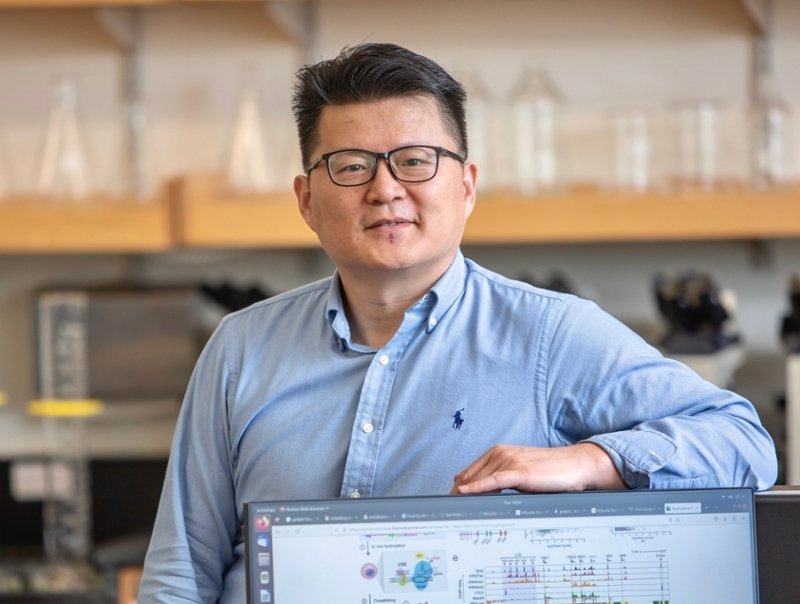
Memory storage
How does the brain form memories? Meet Yong Chen, bioinformatician.
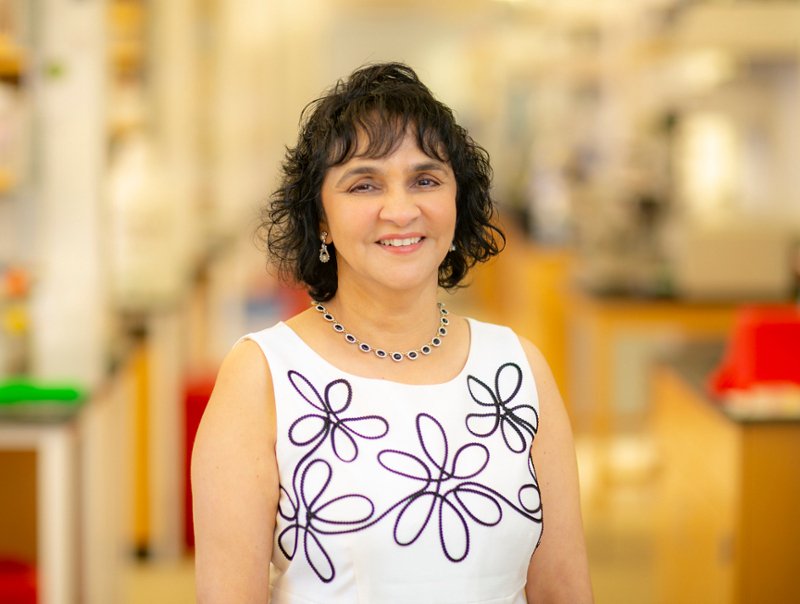
Gastrointestinal disease treatment
Patients suffering with gastrointestinal diseases need more effective treatments. Meet Sangita Phadtare, microbiologist.
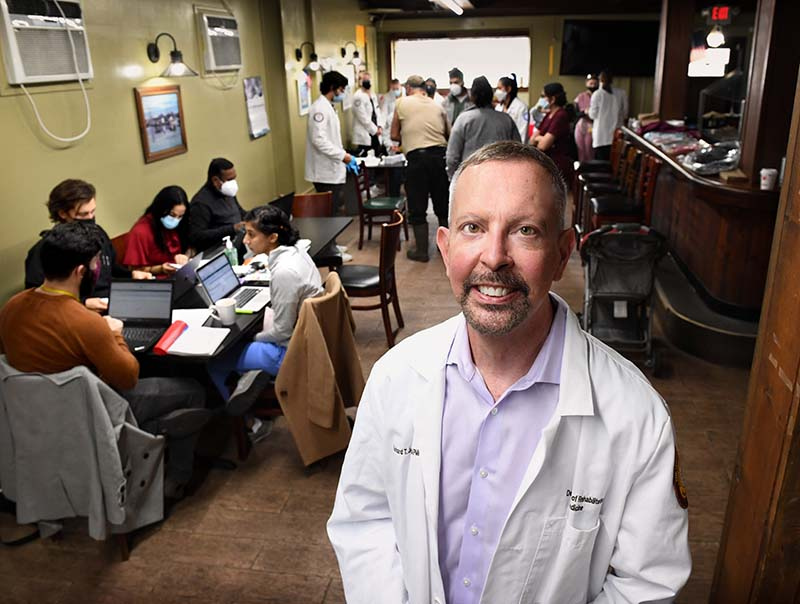
Pain management
When patients treated for pain become addicted to opioids, they need help, not shame. Meet Richard Jermyn, pain management and addiction treatment specialist.

Superbugs
Modern medicine needs new methods to attack antibiotic-resistant ‘superbugs.’ Meet Valerie Carabetta, microbiologist.
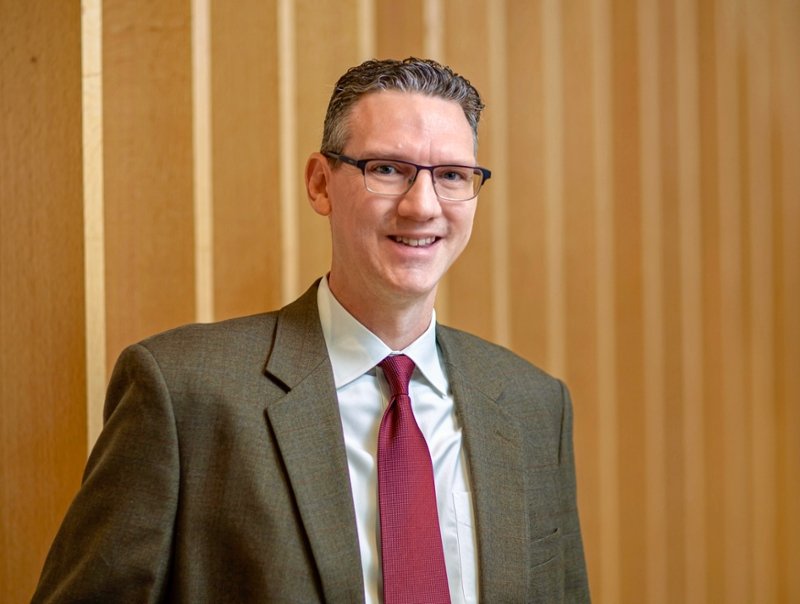
Emotional health
How do meditation and other mindful practices benefit our physical health? Meet Jefferey Greeson, clinical health psychologist.
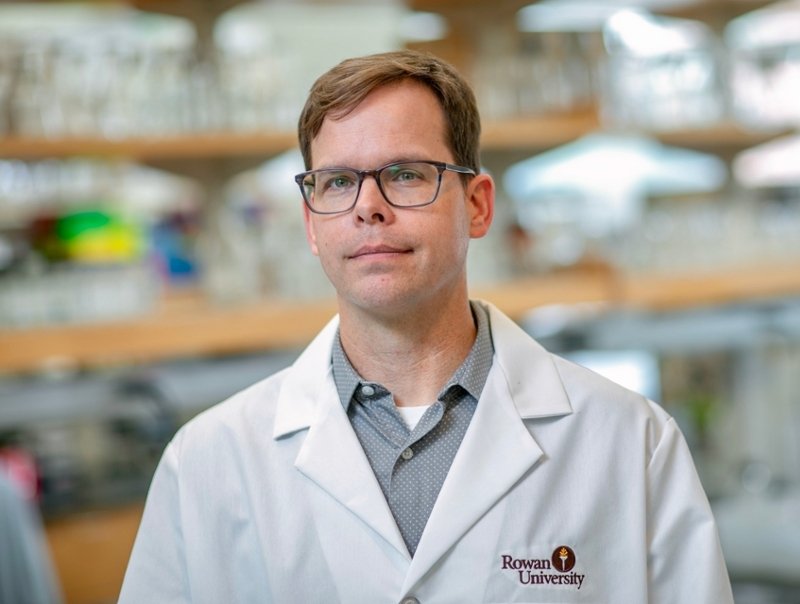
Bacteriology
Bacteria isn't all that bad. Meet Jason Heindl, bacteriologist.
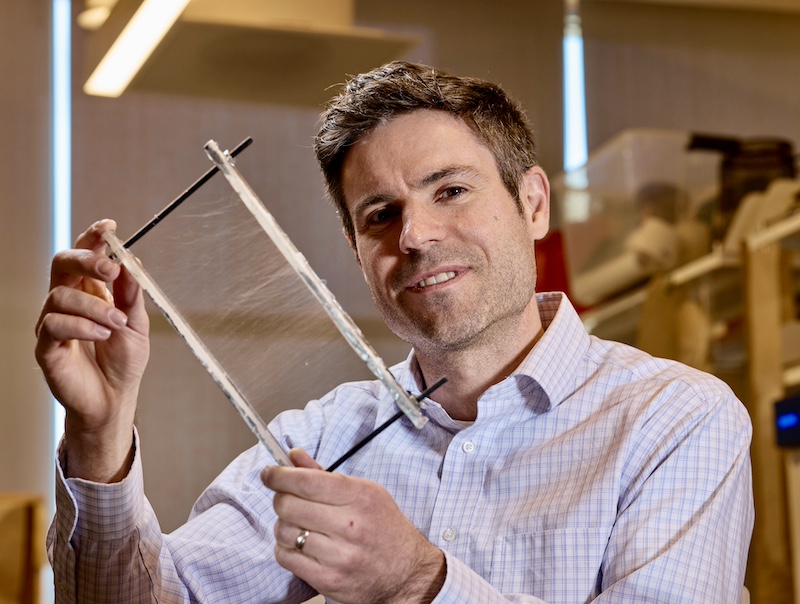
Nanofibers
Is there a better way to manufacture nanofibers for tissue regeneration? Meet Vince Beachley, biomedical engineer.
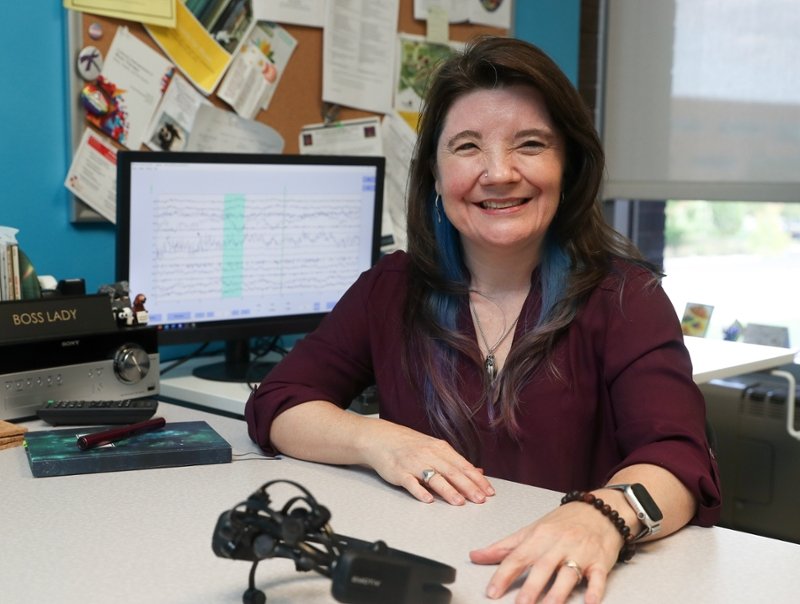
Music therapy
Music has a powerful influence on the body. Meet Andrea Hunt, music therapist.
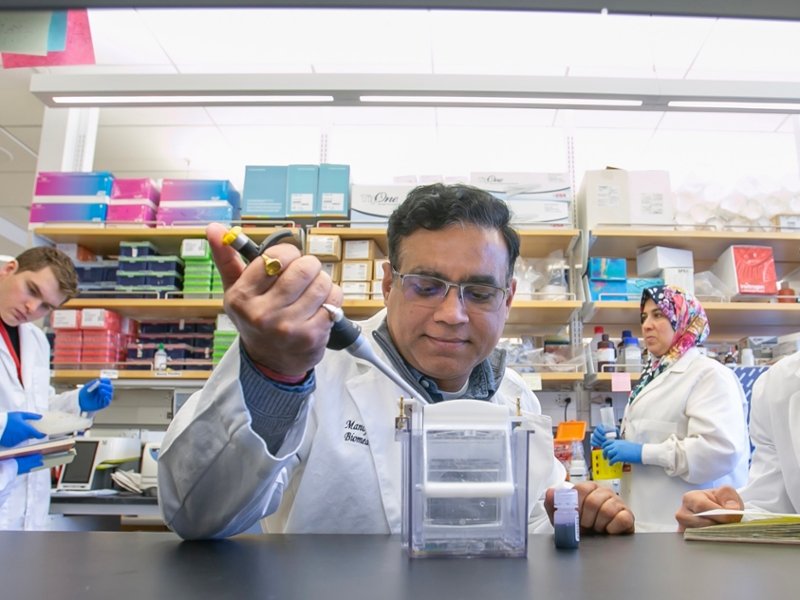
Treating multiple myeloma
Multiple myeloma is a stubborn disease. Studies of bone marrow may lead to more effective treatments. Meet Manoj Kumar Pandey, cancer biologist.
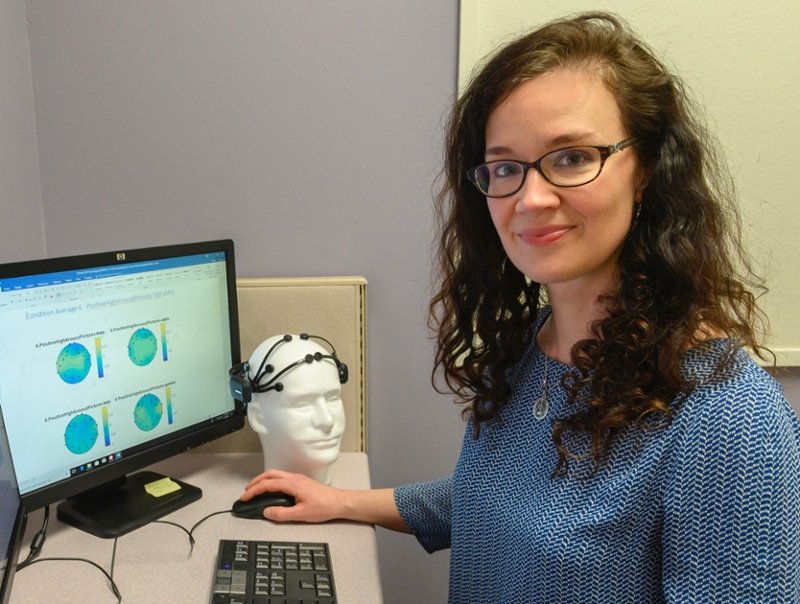
Depression in autistic adults
Understanding the factors contributing to depression in autistic adults will improve treatment. Meet Kaite Gotham, psychologist.
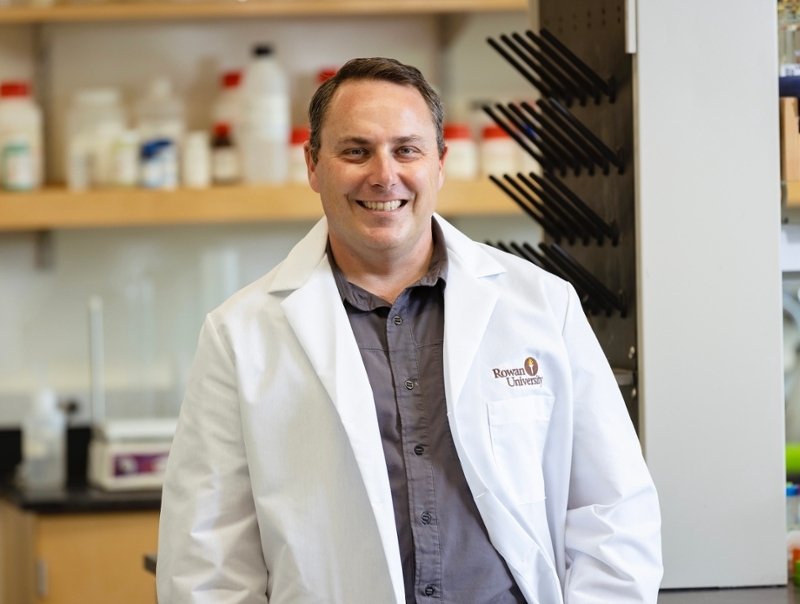
Molecular genetics
Much can be learned about how cells are programmed to develop in the early stages of life. Meet Benjamin Carone, molecular biologist.
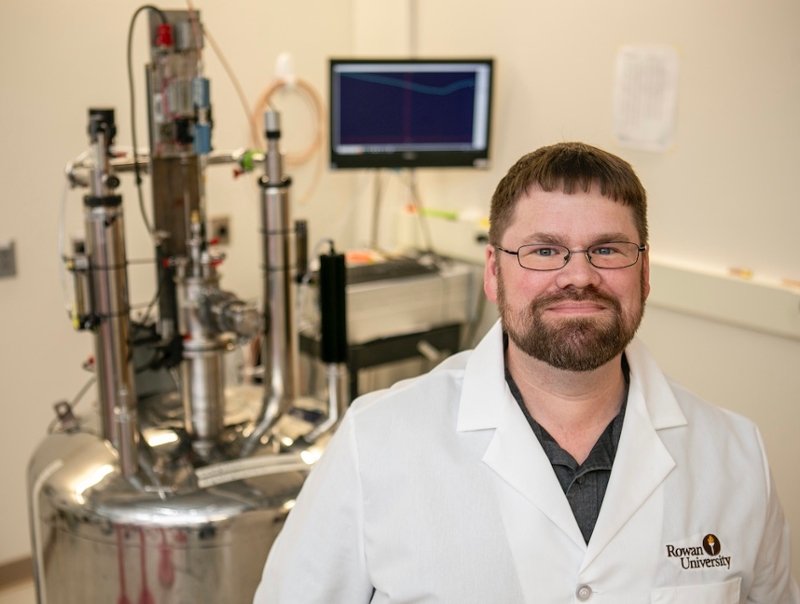
Biomedical imaging
Hyperpolarization could be the key to better, faster, cheaper MRIs. Meet Nicholas Whiting, interdisciplinary scientist.
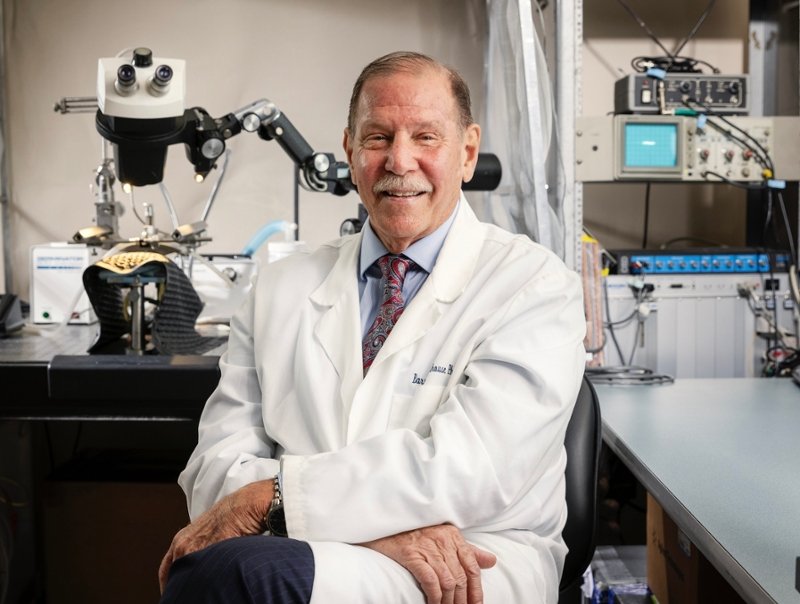
Neuroscience
The brain's nucleus locus coeruleus, or "blue spot," is linked to serious medical conditions. Researchers want to know how it works. Meet Barry Waterhouse, neuroscientist.
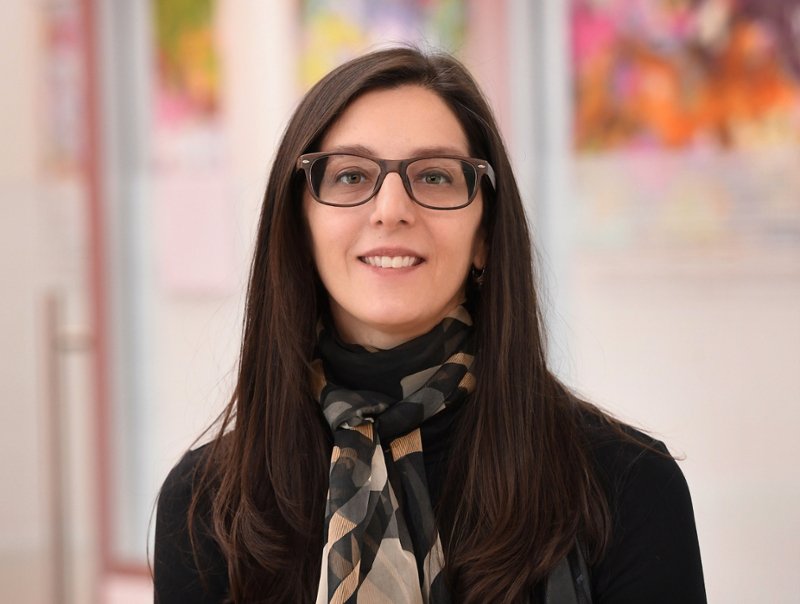
Healthy behavior
Providing immediate incentives may help treat unhealthy behaviors and harmful addictions. Meet Bethany Raiff, psychologist.
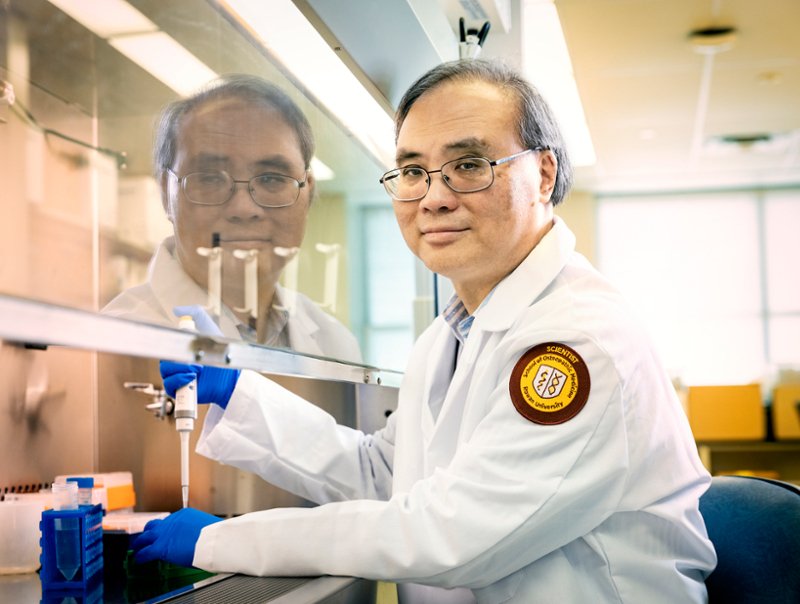
Treating infections
Promising research may lead to a treatment for sepsis and other severe inflammatory responses to infection. Meet Kingsley Yin, pharmacologist and immunologist.
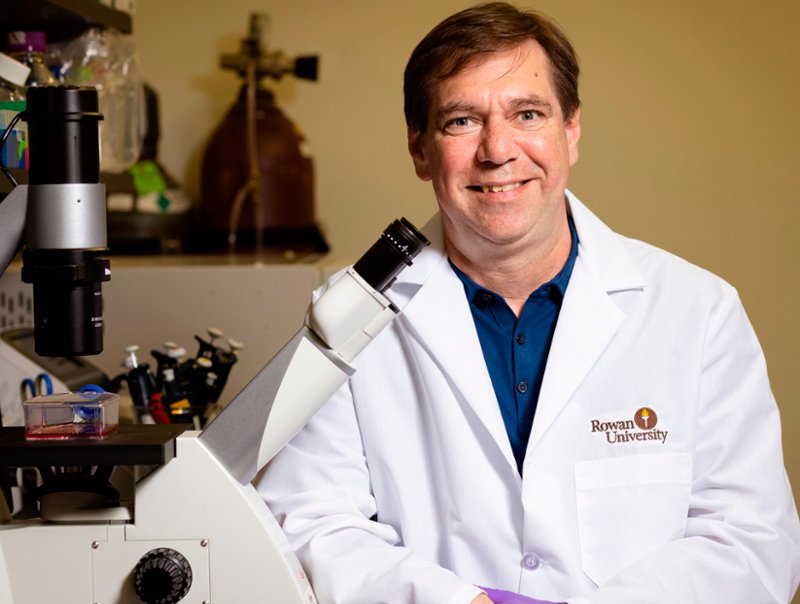
Virology
Understanding how the herpes simplex virus invades cells may be the key to designing new drugs to prevent infection. Meet Claude Krummenacher, virologist.
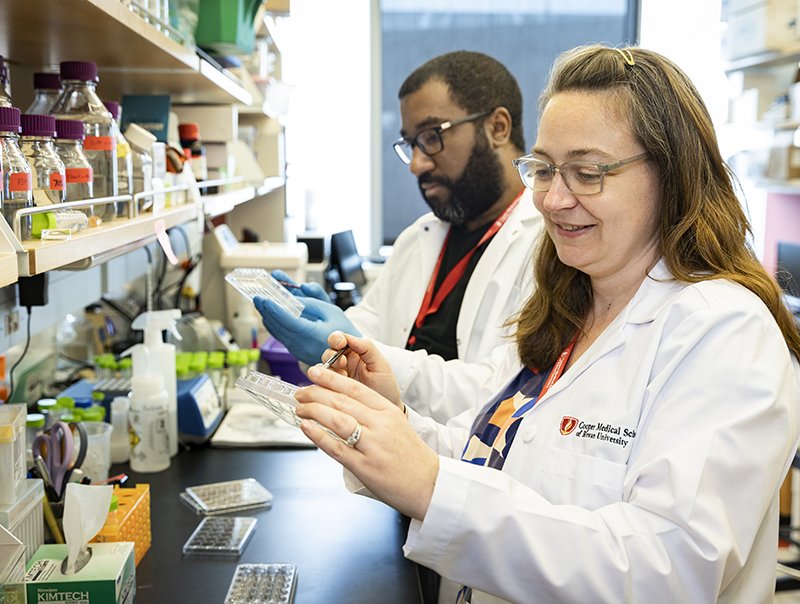
Neuropharmacology
Can altering brain receptors prevent opioid addiction? Meet Amanda Fakira, neuropharmacologist.
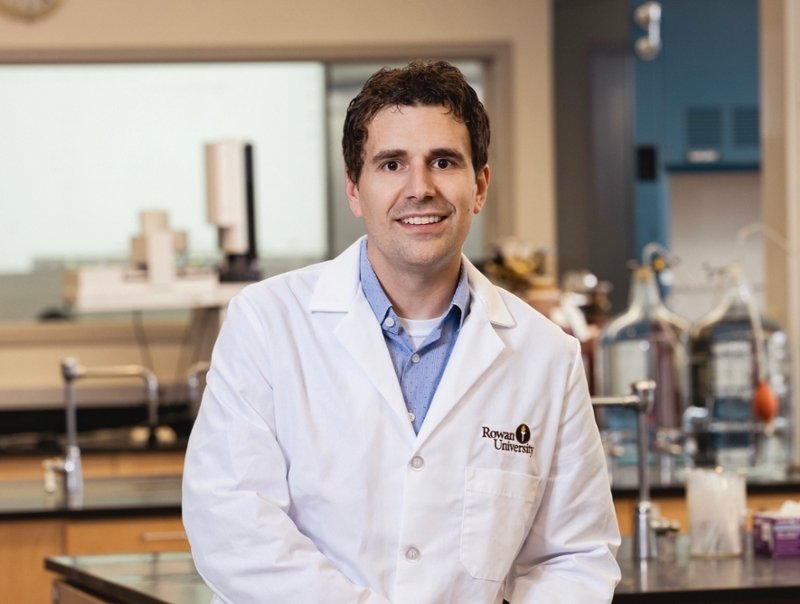
Advancing chemical analysis
Chemical analysis using liquid chromatography can be more efficient and sustainable. Meet James Grinias, chemist.
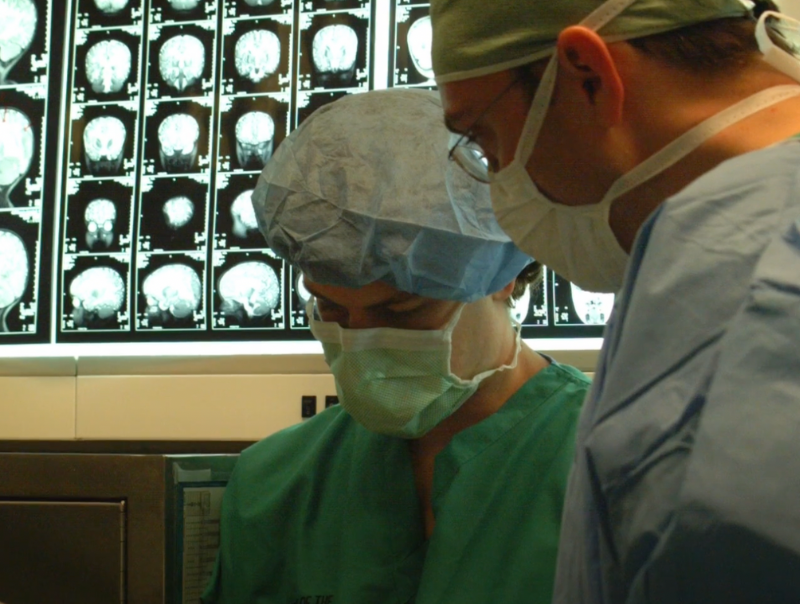
Genetic research
Paola Leone details her groundbreaking research on Canavan disease and the help she received from Rowan University in transitioning clinical trial information to a pharmaceutical company.